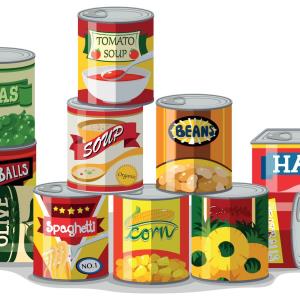Eating more ultra-processed foods leads to constipation, whereas greater consumption of minimally processed foods has the opposite effect, according to a cross-sectional study.
Researchers used data from the National Health and Nutrition Examination Survey (2005–2010) and included 12,716 adults in the US. The participants completed two 24-hour dietary recalls, which were used to calculate intakes of ultra-processed and minimally processed foods.
Constipation and diarrhoea were assessed using the Bristol Stool Form Scale and stool frequency. Survey-weighted logistic regression and substitution analysis were performed to examine the association between intakes of ultra-processed and minimally processed foods and bowel movement.
There were 1,290 cases of constipation and 1,067 cases of diarrhea reported. Median intake of ultra-processed food was 26.5 percent of total grams per day, while that of minimally processed foods was 66.2 percent of total grams per day.
The highest versus lowest quartile of ultra-processed food intake was associated with greater odds of constipation (adjusted odds ratio [aOR], 2.20, 95 percent confidence interval [CI], 1.76–2.74; p<0.001 for trend) but not diarrhoea (aOR, 0.82, 95 percent CI, 0.62–1.09; p=0.12 for trend).
In contrast, the highest versus lowest quartile of minimally processed food intake was associated with lower odds of constipation (aOR, 0.46, 95 percent CI, 0.37–0.57; p<0.001 for trend).
The effect on constipation was attenuated following adjustment for diet quality (ultra-processed foods: aOR, 1.53; minimally processed foods: aOR, 0.69). Substituting 10 percent of ultra-processed food consumption with an equivalent proportion of minimally processed foods lowered the odds of constipation (aOR, 0.90, 95 percent CI, 0.87–0.93).

